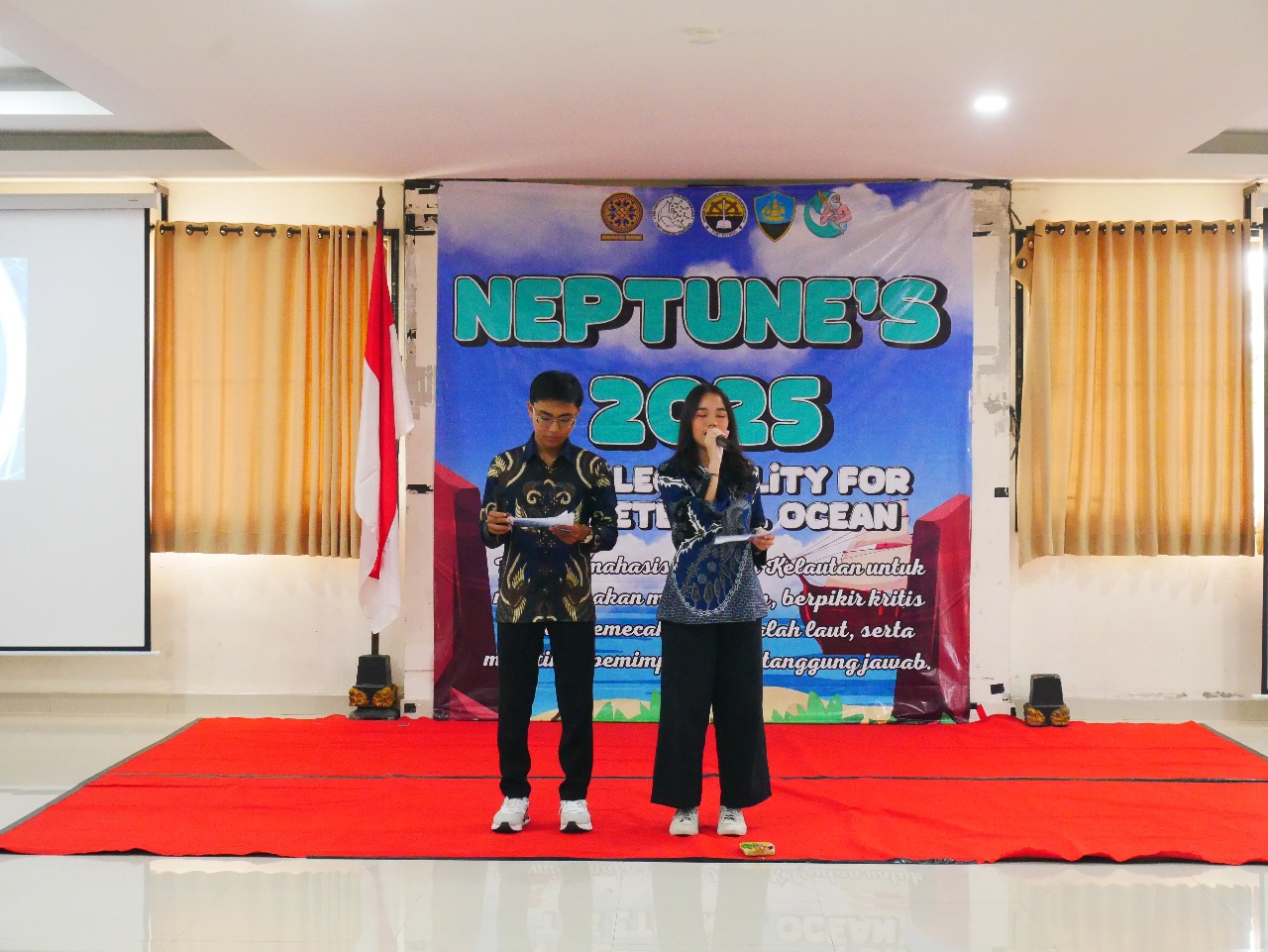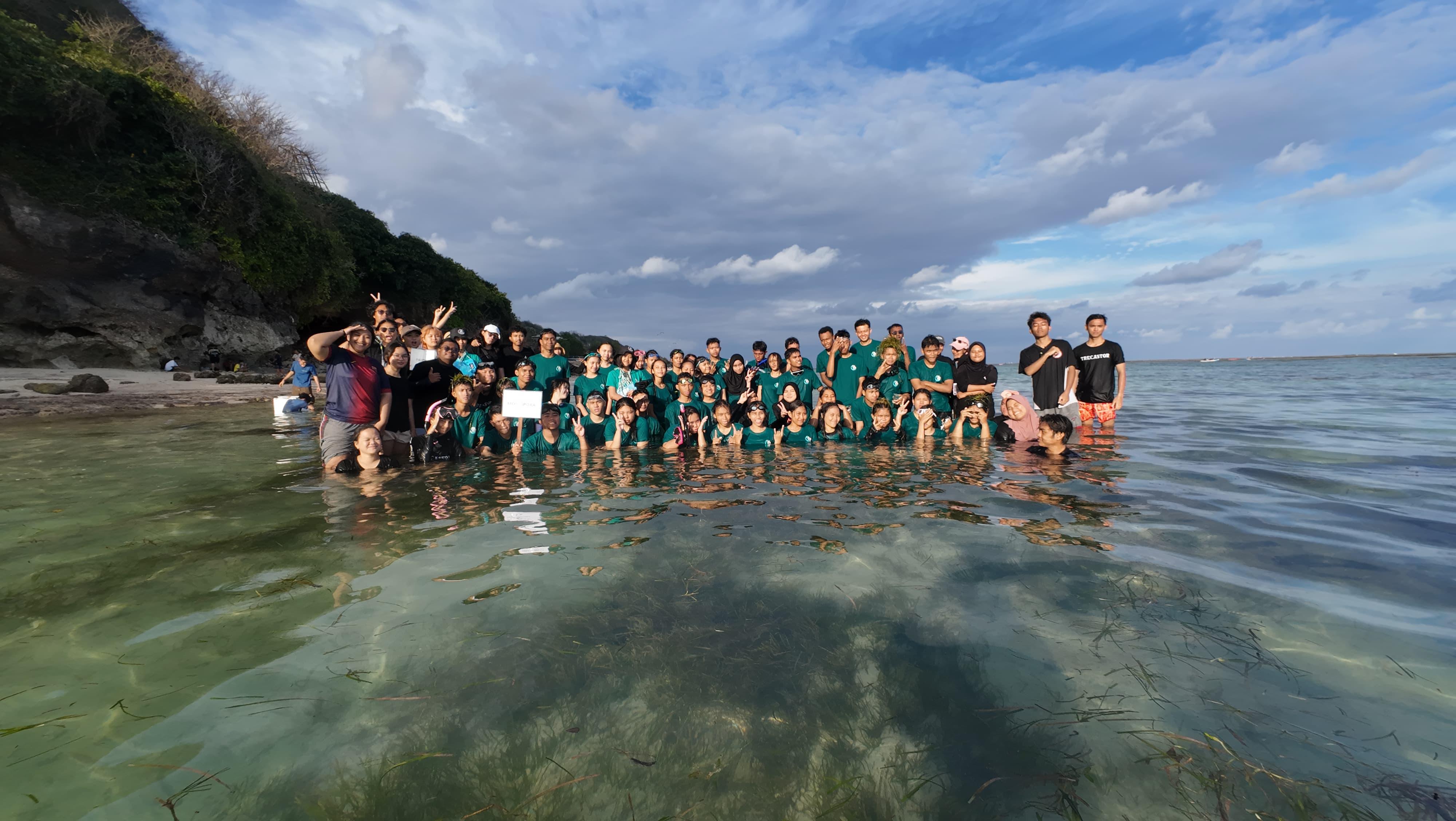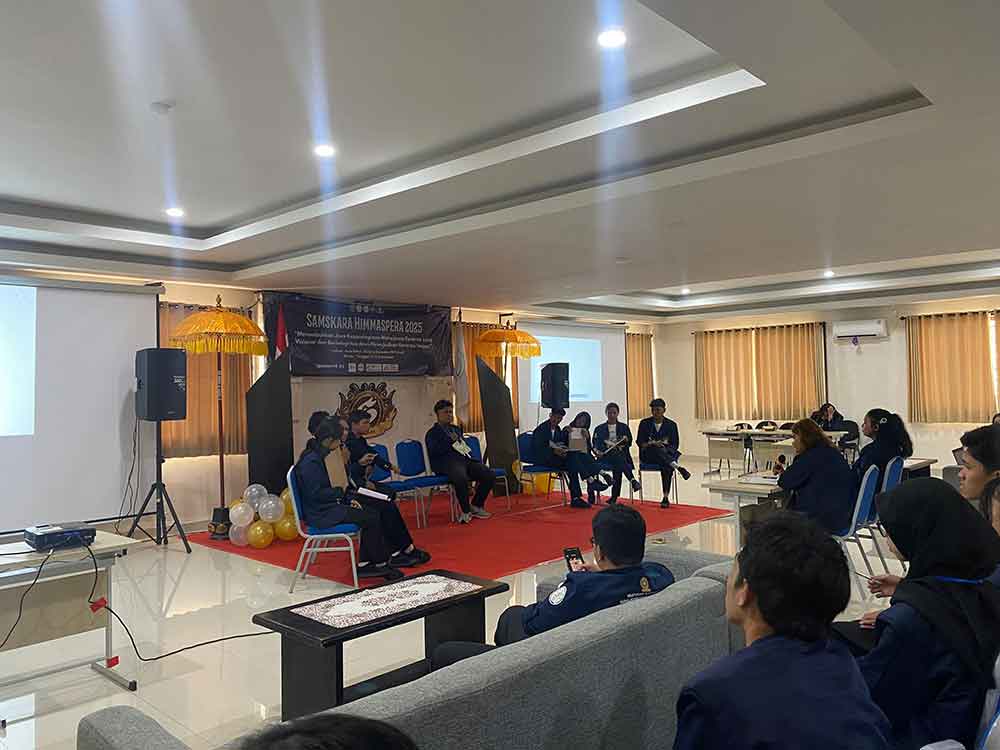The Faculty of Marine Sciences and Fisheries at Udayana University (Unud) has officially launched the Bachelor's Program in Aquaculture.
This new program has even obtained operational permission from the Ministry of Education, Culture, Research, and Technology under Decree Number: 629/E/O/2024. The program, which falls under the auspices of the Faculty of Marine Sciences and Fisheries (FKP), will begin accepting new students in the odd semester of the 2025/2026 academic year.
The Dean of the Faculty of Marine Sciences and Fisheries, Udayana University, Prof. Dr. Ir. I Wayan Nuarsa, MSi, stated that the launch of the Aquaculture Program is aimed at producing graduates who are competent in aquaculture and capable of meeting the challenges of a sustainable fisheries industry. “We want to contribute to producing superior human resources that are ready to compete at both national and international levels. This program is designed to develop environmentally friendly aquaculture technologies, increase the productivity of fish and shrimp farming, and introduce a modern fisheries system based on digitalization,” said Prof. Nuarsa.
Prof. Nuarsa further explained that the launch of the Aquaculture Program has received positive responses from various parties, including the Ministry of Marine Affairs and Fisheries (KKP) and fisheries entrepreneurs in Bali. The establishment of this program is expected to strengthen the aquaculture sector as one of the pillars of Indonesia’s blue economy.
According to Prof. Nuarsa, aquaculture is a strategic sector for national food security and job creation. With an academic program focused on aquaculture development, it is anticipated that fish production will sustainably increase and support the export of Indonesian fishery products to international markets.
Furthermore, several aquaculture companies in Bali have expressed their readiness to collaborate with Unud by providing practical facilities and internship programs for students. This collaboration aims to offer students hands-on experience so that they can gain a better understanding of modern aquaculture industry practices.
The Aquaculture Program offers a curriculum based on research and the latest technologies in fish farming. Some of the key courses that will be taught in this program include Technology and Management of Fish and Shrimp Cultivation, Fish Nutrition and Feed, Fish Health Management, Aquaculture Environmental Engineering, Digitalization Systems in Fish Farming, as well as Aquaculture Biotechnology and Genetics.
Meanwhile, the Acting Coordinator of the Aquaculture Program, Dr. Pande Gde Sasmita Julyantoro, explained that students in the program will receive comprehensive learning experiences through classroom instruction as well as laboratory and field practicals. “We have prepared a curriculum that adheres to national and international standards in the field of aquaculture. In addition, we will collaborate with fishery research centers and international institutions to enrich students’ insights in developing fish farming technologies,” he explained.
Additionally, the program will work with fishery research centers and international institutions to further enhance students’ understanding of aquaculture technology development. With the increasing demand for fishery products and the global challenges in managing aquatic resources, graduates of this program will have extensive career opportunities. Potential career paths include roles as aquaculture managers or technicians in fishery companies, consultants or researchers in aquaculture, entrepreneurs in the fisheries and fish feed sector, public or private employees in aquatic cultivation, as well as academics or lecturers in marine and fisheries studies.
“According to data from the Central Statistics Agency (BPS), aquaculture production in Indonesia continues to increase every year, with rapidly growing export potential, especially in commodities such as shrimp, fish, and seaweed. With the launch of this program, Unud hopes to become one of the leading centers in aquaculture research and development in Indonesia,” he added.



UDAYANA UNIVERSITY